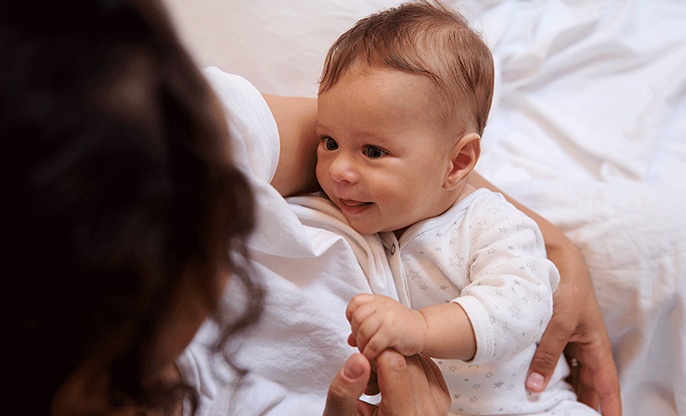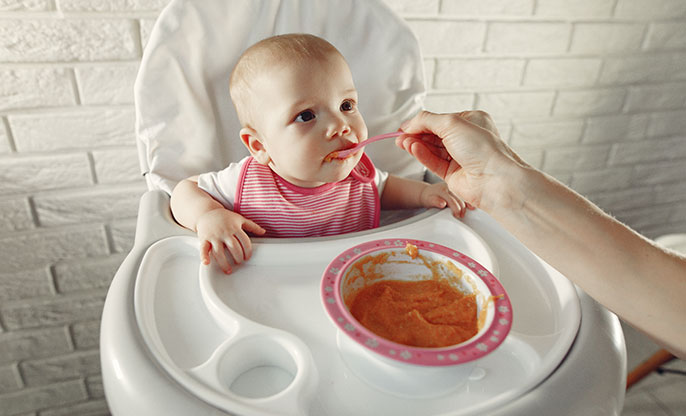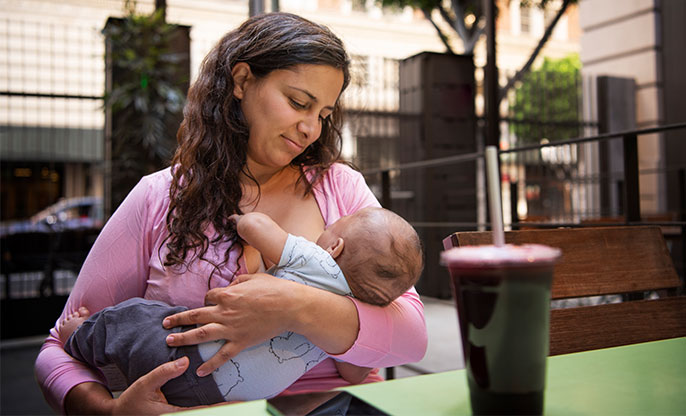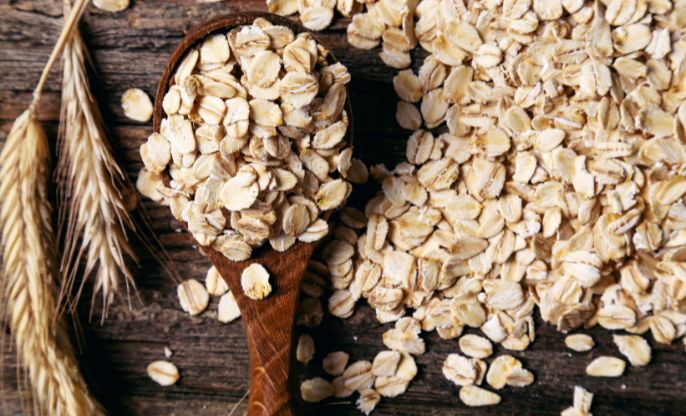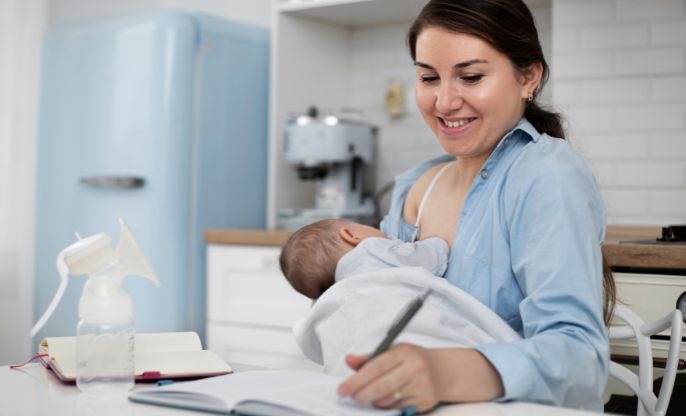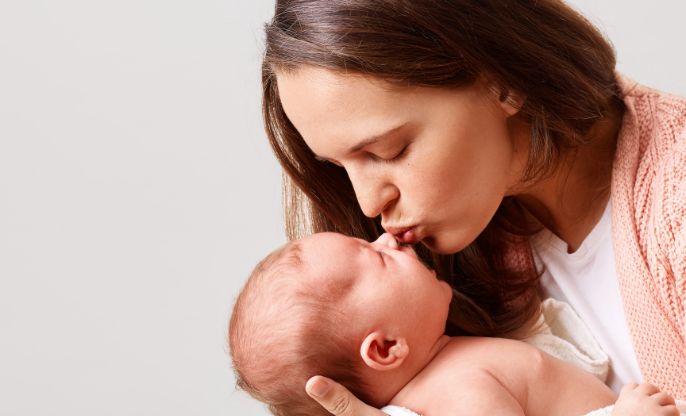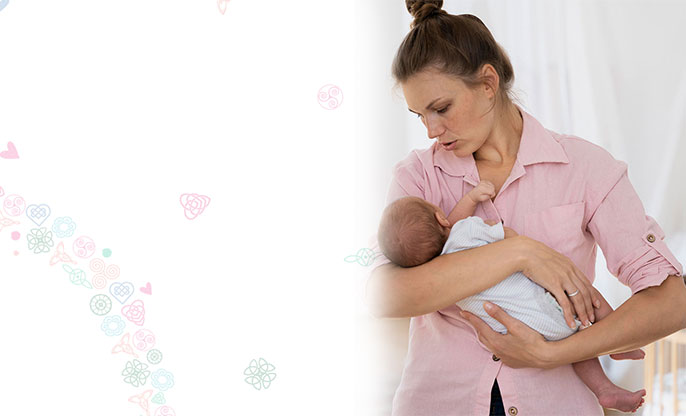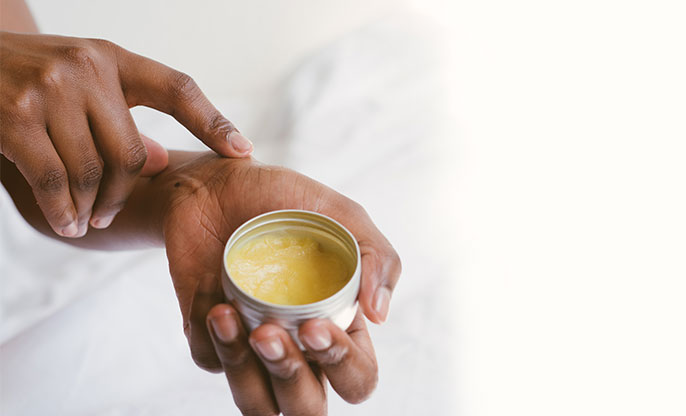
In this article you will learn about:
What is Perineal care
how to take care of perineal area
Welcome, mama, to a whole new world! If you’ve recently experienced childbirth, you’ve been through a lot - and the last thing you feel like doing is taking extra care of your body. But this is one area you shouldn’t neglect as it is your perineal area.
What Is Perineal Care?
The perineum is the area between your anus and your vagina, and during childbirth, it can face significant pressure and trauma. Taking care of this delicate area is vital to recovering properly. It helps avoid infection and helps with healing. Perineal care involves several steps designed to keep this sensitive region clean, healthy, and infection-free.
Why Should I Take Care of It?
Taking care of your perineal area after childbirth is incredibly important. Not only will it help you heal quicker and avoid uncomfortable problems, but it also helps to prevent pain and other issues that can arise during sexual activity.
Most importantly, though, proper perineal care helps keep your body healthy and functioning as it should. This is especially true if you experience a more difficult childbirth. Pay close attention to where the baby passed through; it can help prevent complications.
How to Take Care:
Here’s how:
Cleaning: Clean the perineum area gently with warm water and mild soap. Avoid scrubbing or using any harsh cleansers. Pat the area dry afterward and apply a healing salve from your doctor or midwife. If you are prone to infection, use a medicated antiseptic on the area.
Hygiene: The Perineum should be kept dry as much as possible. Avoid wearing underwear that can trap moisture in the area. Wear breathable, unconstricted underwear to allow air to circulate in this sensitive area and keep it dry.
Comfort Measures: Consider using ice packs or cold compresses on this sensitive area before bathing. Make sure not to put the ice directly against your skin, but instead wrap it in a clean cloth before applying.
Avoid excessive strain on the area: Be careful when going from sitting to standing, and refrain from picking up heavy items, such as children, until adequately healed. Additionally, avoid activities like exercising or sexual intercourse that may cause too much strain on the affected area.
Lastly, ensure that if you experience any pain during urination or bowel movements, you seek medical advice for further appropriate treatment options.
